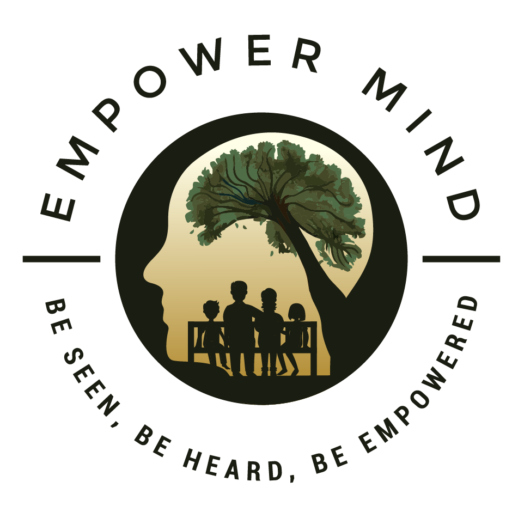
When you continue to use drugs, alcohol or other destructive substances despite numerous efforts to quit, you may be addicted.
Addiction means that you’re using drugs against your will, regardless of the harmful consequences. It’s a complex, chronic disease that keeps you mired in dangerous habits. Addiction puts your physical and mental health at risk.
Over time, abused substances change your brain chemistry, altering how you think and eventually leading to destructive patterns of behavior. In addition to the compulsive activity, there are warning signs associated with various kinds of addictions. An addiction tends to:
Although drugs are probably the most commonly abused substance, other compulsions cause damaging psychological and physical consequences. An experienced addiction psychiatrist specializes in treatment for the various manifestations of addiction, including:
Addiction is difficult, if not impossible, to overcome by yourself. And despite your best efforts, you run the risk of a relapse. But you don’t necessarily need to check into an overnight facility. Outpatient addiction treatment works for you, as well.
If you’ve lost control, get help from a psychiatrist who provides effective psychotherapy, including medication, to help you avoid a dreaded relapse. Each type of addiction requires a slightly different approach, such as:
For your health and safety, rely on an experienced addiction psychiatrist to prescribe and manage your medications, so you can eventually reduce your dependence on those medicines. Several addiction medications are available that help alleviate withdrawal symptoms and regulate various mental health issues interfering with your recovery.
Your therapist may recommend a variety of medications, including:
You can begin the road to recovery once you’ve gone through withdrawal and detox or recognized the destructive nature of your compulsive behavior. A balanced talk therapy approach, either in individual therapy or group therapy, is the next step. The type of outpatient addiction treatment you need depends on your diagnosis, personal preferences and your addiction psychiatrist’s recommendations.
One of the most effective talk therapy treatments for addictions is cognitive behavioral therapy (CBT). Once your doctor designs a CBT treatment technique for your unique needs, you can identify those self-defeating behaviors and impulses behind your addiction. Extensive research has proven the benefits of CBT. As your therapy evolves, you can look forward to benefits that include:
In addition to cognitive behavioral therapy for addiction, your NY therapist offers a range of alternative outpatient addiction treatments. If CBT doesn’t work for you, then other options may suit you better, such as:
Because you may have created additional problems in your life due to your addiction, you may need additional talk therapy to work through those issues, such as:
No matter what kind of addiction afflicts you, it’s time to find relief through a compassionate addiction psychiatrist. Empower Mind wants what’s best for you. We can help you get back to a life well lived. To begin your journey of recovery, Contact Empower Mind today.

A mental illness is a condition that affects a person’s thinking, feeling, behavior or mood. These conditions deeply impact day-to-day living and may also affect the ability to relate to others. If you have or think you might have a mental illness, the first thing you must know is that you are not alone.
Copyright © 2023 — All rights reserved by Empower Mind | Website Made By SalesEnzine.